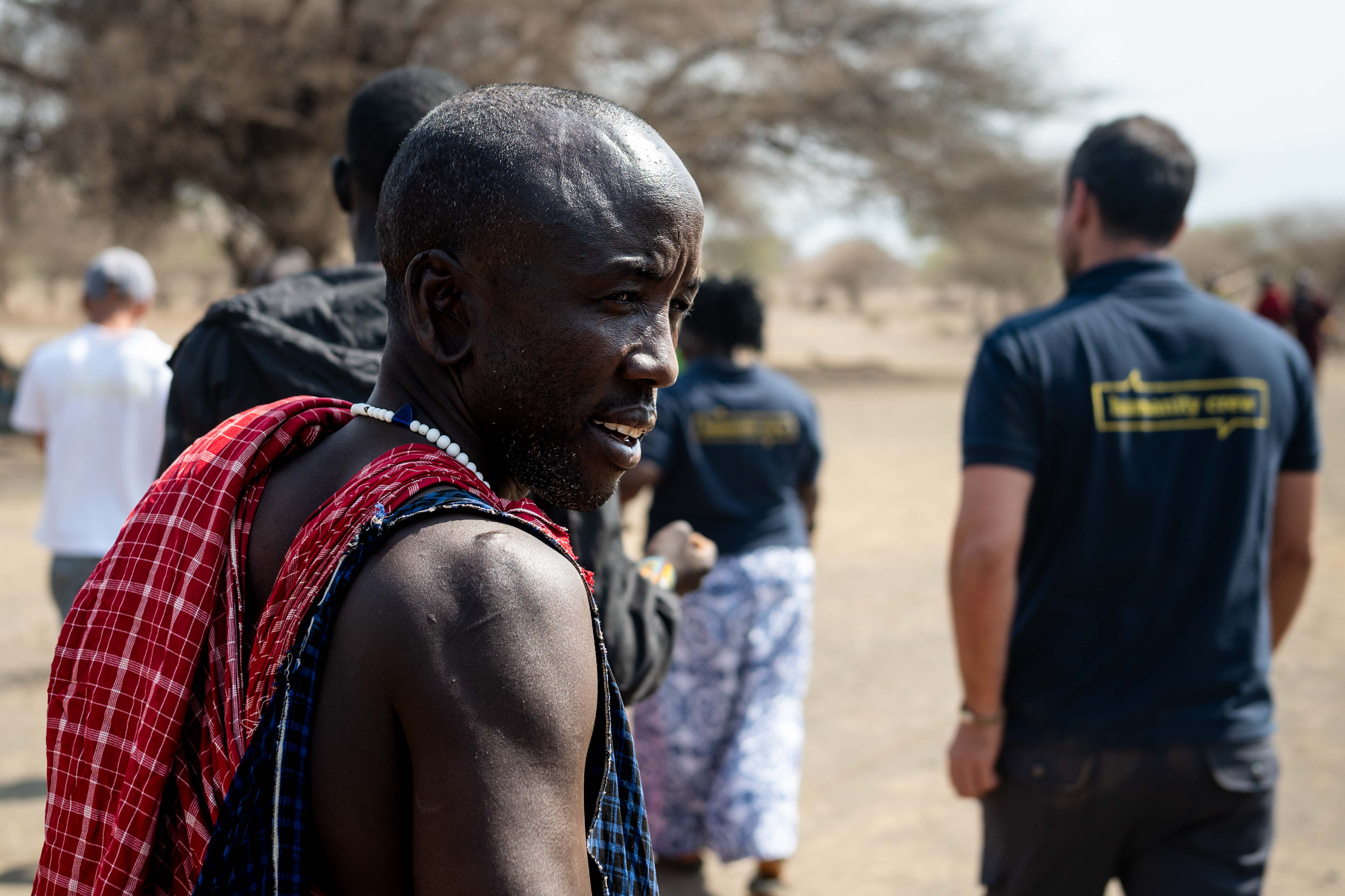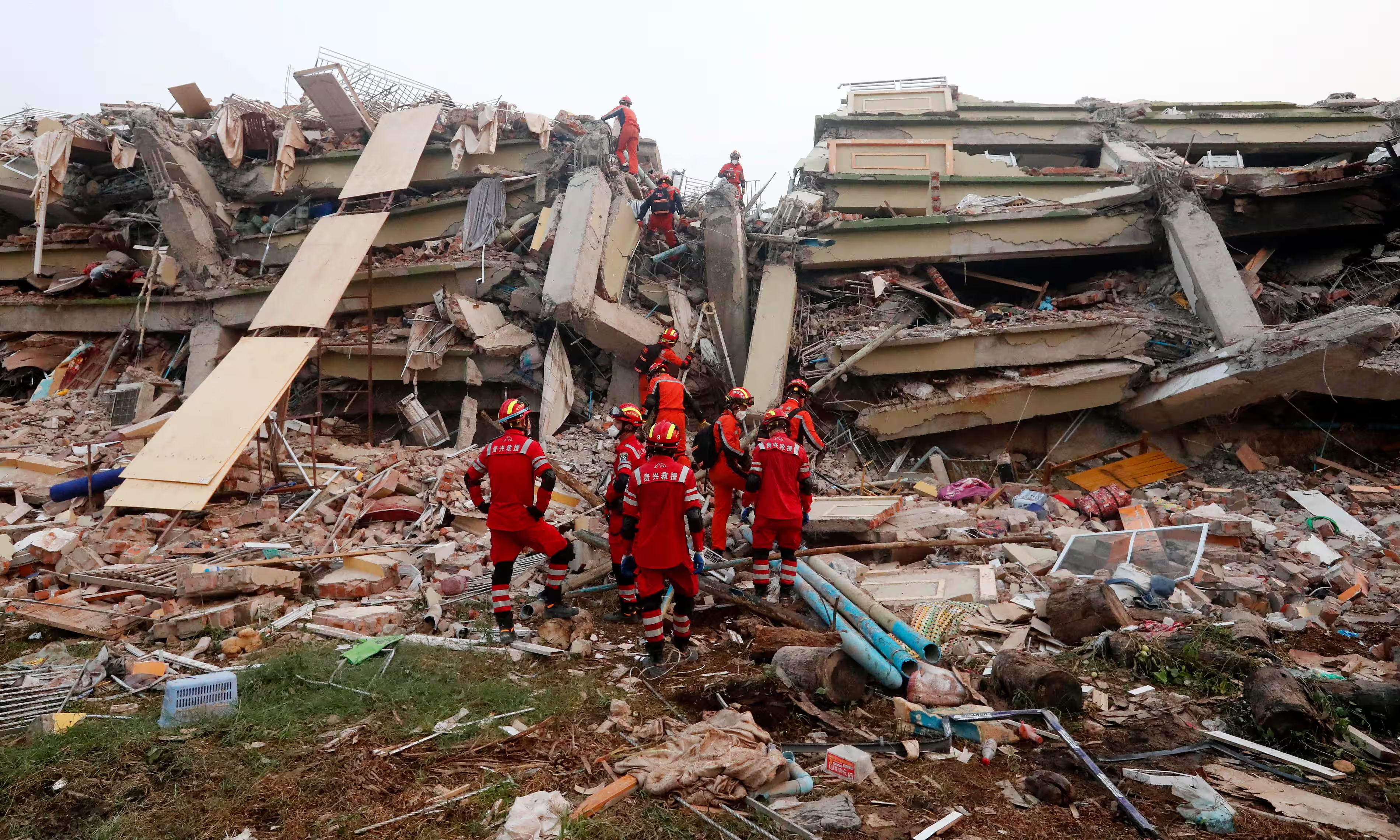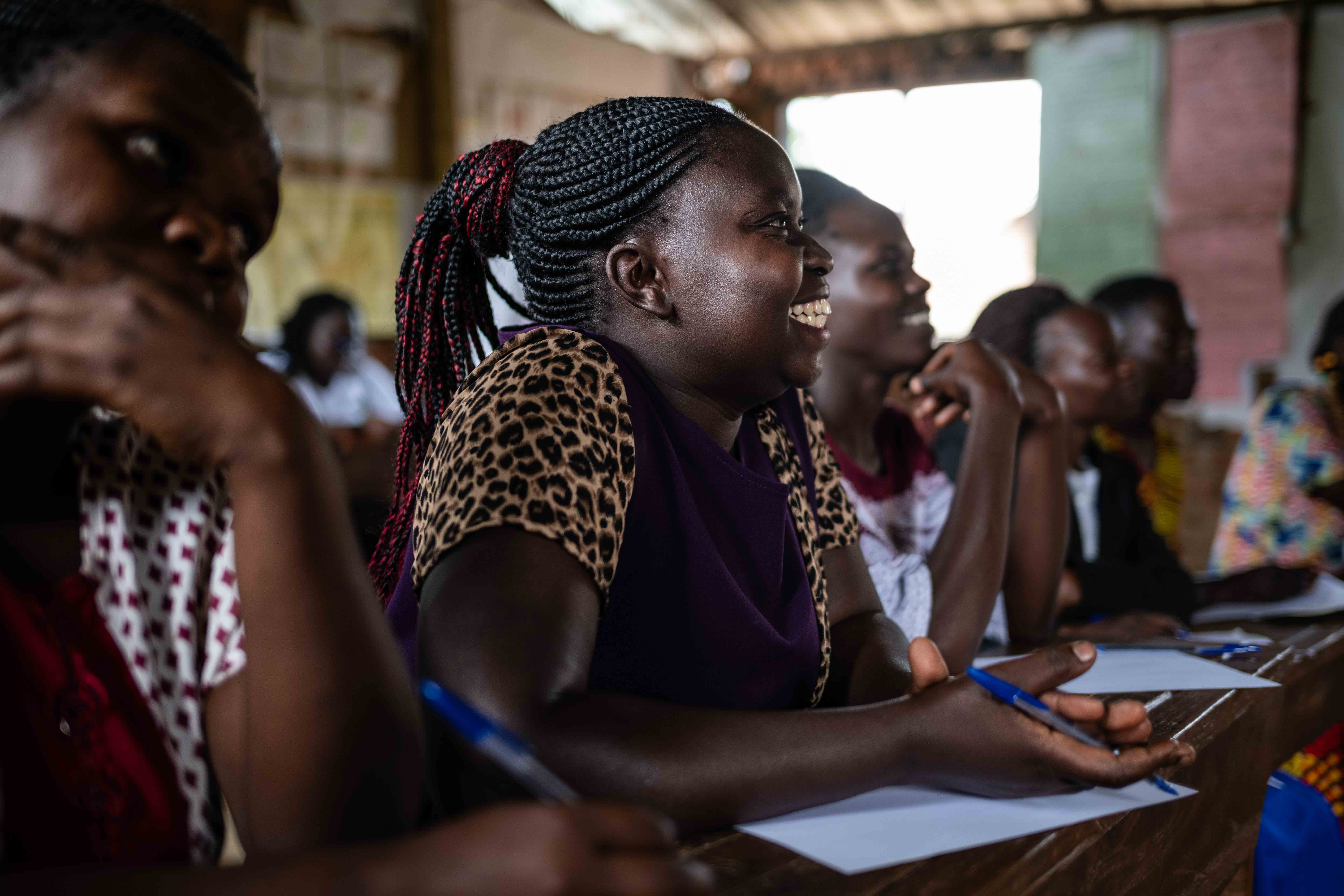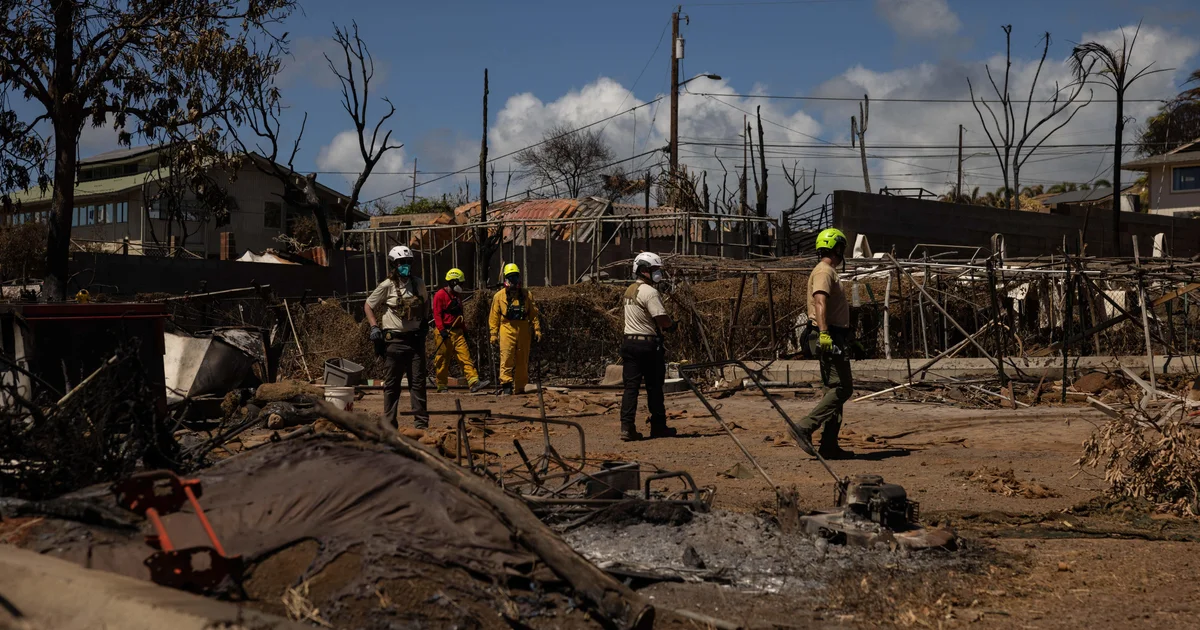What we do
Disasters such as armed conflicts, forced migrations, environmental, and public health emergencies impact lives in profound ways. While the immediate focus often falls on physical dangers, the psychosocial effects - like trauma and stress based disorders as well as communities cut off from services - are just as significant, affecting not only the well-being and long-term recovery of those directly impacted.


Supporting mental health at every stage of crisis response
Disasters such as armed conflicts, forced migrations, environmental, and public health emergencies impact lives in profound ways. While the immediate focus often falls on physical dangers, the psychosocial effects - like trauma and stress based disorders as well as communities cut off from services - are just as significant, affecting not only the well-being and long-term recovery of those directly impacted.
Humanity Crew understands that addressing mental health is as vital as meeting physical needs before, during and after a crisis. Providing timely MHPSS helps mitigate the long-term effects, fosters functional resilience, and supports the rebuilding of lives and communities. Knowing that emotional recovery is key to overall recovery, Humanity Crew strives to integrate MHPSS into every phase of disaster response, transforming the experiences of people living through disasters into a pathway for healing and growth.
Preparedness
An effective response begins long before a disaster strikes. Preparedness efforts focus on ensuring MHPSS capacities are already inside communities when disaster strikes by working in advance with local healthcare systems and communities. Incorporating knowledge and skills about the Humanity Crew minimum service package into disaster preparedness strategies, ensures that mental health understanding is an integral part of emergency planning. This includes:
● Disaster risk reduction: Mobilizing disaster engagement and management to mitigate the psychological effects of potential crises. By working with communities and local authorities, Humanity Crew helps identify and address vulnerabilities, thereby reducing the risks when disasters occur.
● Capacity building: Providing specialized training to local NGOs, healthcare providers, schools, and community leaders in MHPSS. This training ensures that when a crisis hits, these stakeholders are equipped to offer immediate MHPSS services including psychological first aid, supporting functional resilience and minimizing the risk of long-term trauma or stress based disorders.
● Hubs: Hubs play a foundational role even in the preparedness phase, serving as centers for training, coordination, and resource-sharing. These hubs are instrumental in building a network of trained professionals and community members who are ready to respond effectively when crises arise.


Critical response
Immediate mental health support in times of crisis
When a disaster occurs, the immediate response is crucial as one of the most effective mitigations for preventing long-term psychological harm and other negative consequences. Humanity Crew’s critical response phase focuses on delivering rapid, evidence-based MHPSS interventions during the "golden hour" - the first few weeks and months following a traumatic event. This phase includes:
● Tailored psychosocial and mental health interventions: Humanity Crew provides culturally competent, immediate MHPSS to those affected by disaster, focusing on the specific needs of children, families, and communities. Striving through constant monitoring and evaluation to ensure accessible, available and acceptable services, ensuring evidence information adaptations whenever necessary in real time. Teams of trained professionals work on the ground, ensuring that MHPSS is present alongside other available emergency aid.
● Building the capacity of aid workers: Empowering local aid workers and volunteers by equipping them with the skills needed to deliver effective MHPSS as it supports their work and more importantly their mental health. This not only enhances the immediate response but also ensures the cross sectional availability of MHPSS and general mental health understanding and literacy within the community.
● Emergency Hubs: Our emergency hubs play a critical role in working alongside our critical response teams saving lives and in providing sustainable support under Humanity Crew’s supervision and ongoing support. These hubs act as centers for accountable service delivery, a continuum of MHPSS care, and coordination, ensuring that support is accessible to those who need it most, even in the most remote areas.
Recovery
Rebuilding stronger, more resilient communities
The recovery phase is about more than just returning to the status quo; it’s about rebuilding stronger, more functionally resilient communities. Humanity Crew recovery efforts are designed to support long-term mental health and psychosocial well-being, seeking to address both the immediate aftermath of a crisis and its enduring effects. This phase includes:
● Community-based interventions: Prioritizing local ownership in the recovery process, supporting community members in taking an active role in their psychological recovery. By fostering functional community resilience, it’s possible to identify in communities what social supports need restructuring, reinforcing or rebuilding.
● Sustainable capacity building: Beyond the immediate response, Humanity Crew continues to build the capacity of local mental health professionals and community leaders, ensuring that they can provide ongoing support. This helps reduce vulnerabilities and strengthens the community's ability to handle future disasters.

Take a look at our previous and present projects
















































